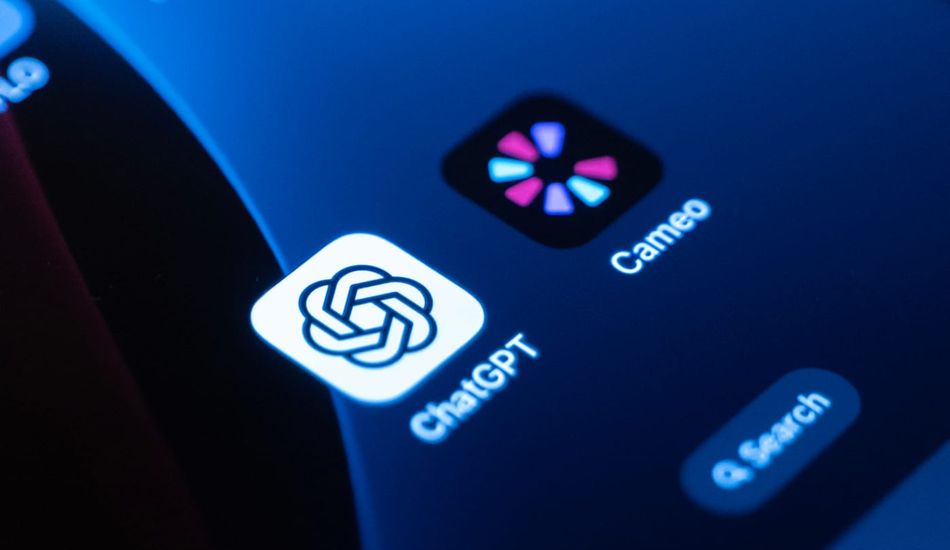
OpenAI Faces Trademark Lawsuit Over Sora's 'Cameo' Feature
So, OpenAI's new TikTok-like app, Sora, has landed them in some hot water. One of its features, called "Cameo," lets you drop any likeness into the videos you create. Sounds fun, right? Well, the company behind the *actual* Cameo, the one where you can get personalized videos from celebs, isn't thrilled. They've filed a lawsuit, claiming OpenAI is stepping on their trademark and confusing customers.
According to the complaint, OpenAI knowingly used a well-established trademark, ignoring the risk of confusion and the damage it could cause to Cameo's brand. I can see their point. If I was them, I would be mad too.
OpenAI, for their part, says they're reviewing the complaint but disagree that anyone can own the word "cameo." The CEO of Cameo mentioned that they tried to sort things out peacefully, but OpenAI wasn't having it.
For those of you who don't know, Cameo lets you pick from a bunch of celebrities – think Jon Gruden, Lisa Vanderpump, and Colin Mochrie – to make short, custom videos. Prices vary, but you can expect to pay anywhere from $30 to $600. Sora, on the other hand, uses OpenAI's Sora 2 tech to generate videos. It's already raised eyebrows because of potential unauthorized use of anime, dead celebrities, and other protected stuff.
The lawsuit alleges that OpenAI didn't just steal their name, but that they started offering their own cameo service, using deepfake versions of celebrities like Mark Cuban and Jake Paul. They say that users seeking a personalized celebrity video can either book talent and receive an authentic, custom video prepared by that celebrity on the real Cameo app, or use Sora's "Cameo" service to create an extremely realistic AI-generated video featuring a celebrity's likeness. That's where the problem lies.
Source: Engadget